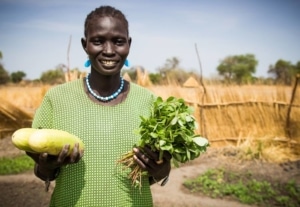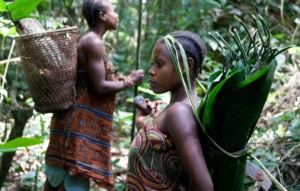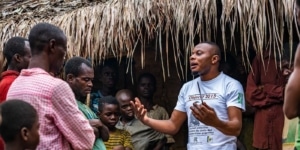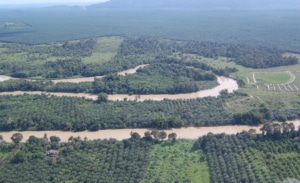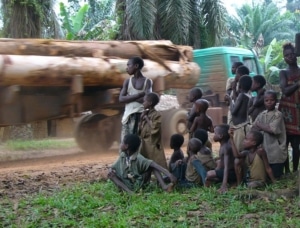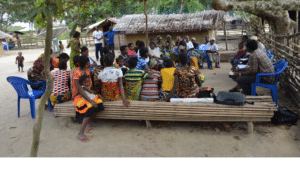Okapi Conservation Project
The Okapi Conservation Project (OCP) works to conserve the rainforest and wildlife of the Okapi Wildlife Reserve through conservation education, local community outreach, and sustainable agriculture.
At A Glance
- Programme: Congo Basin
- Years Funded: 2021, 2022
- Ecosystem Focus: Tropical Forest
- Geographic Focus: Democratic Republic of the Congo
The Okapi Conservation Project (OCP) works to conserve the rainforest and wildlife of the Okapi Wildlife Reserve through conservation education, local community outreach, and sustainable agriculture.
The Okapi Wildlife Reserve is part of the Ituri Forest in the Democratic Republic of Congo, which is the most biologically diverse country in Africa. The reserve, which is home to the indigenous Mbuti and Efe pygmies, contains the largest population of wild okapi and many other species. However, due to deforestation, mining, and poaching threats, the okapi population has declined and is now classified as Endangered.
The OCP believes that education initiatives are important in inspiring local communities to preserve the forest and participate in conservation efforts. The organisation’s educators travel to local schools around the reserve, where they give educational materials and in-person presentations to students. These presentations focus on how to protect the forest and maintain a healthy lifestyle, as well as wildlife needs and local species.

The Okapi is a relative of the giraffe which can only be found in the northeast of the Democratic Republic of the Congo. Image © Okapi Conservation Project
To reach the wider reserve community, the OCP casts educational radio broadcasts across seven different stations. These broadcasts educate listeners on the effects of deforestation, poaching, and mining, in addition to promoting alternative, sustainable livelihoods. The broadcasts have the potential to reach the 50,000 people living in the reserve, and the OCP hopes to continue increasing its reach.
The OCP additionally runs meetings for specific groups in the community, further empowering them to conserve the forest resources. This includes women’s groups, through which 270 people have been provided with materials, sewing machines, and training. These women are then able to make additional sustainable income by making and selling items at the local market. Another group is made up of local farmers, who are engaged in the agroforestry programme and have been learning about sustainable farming methods. This increases food security and reduces the need to encroach into the rainforest.
Through the Congo Basin Programme, Synchronicity Earth is supporting these educational programs, allowing them to develop and expand. With this funding, the OCP will continue to reduce the need for harmful activities in the rainforest and inspire local communities to protect the reserve.


